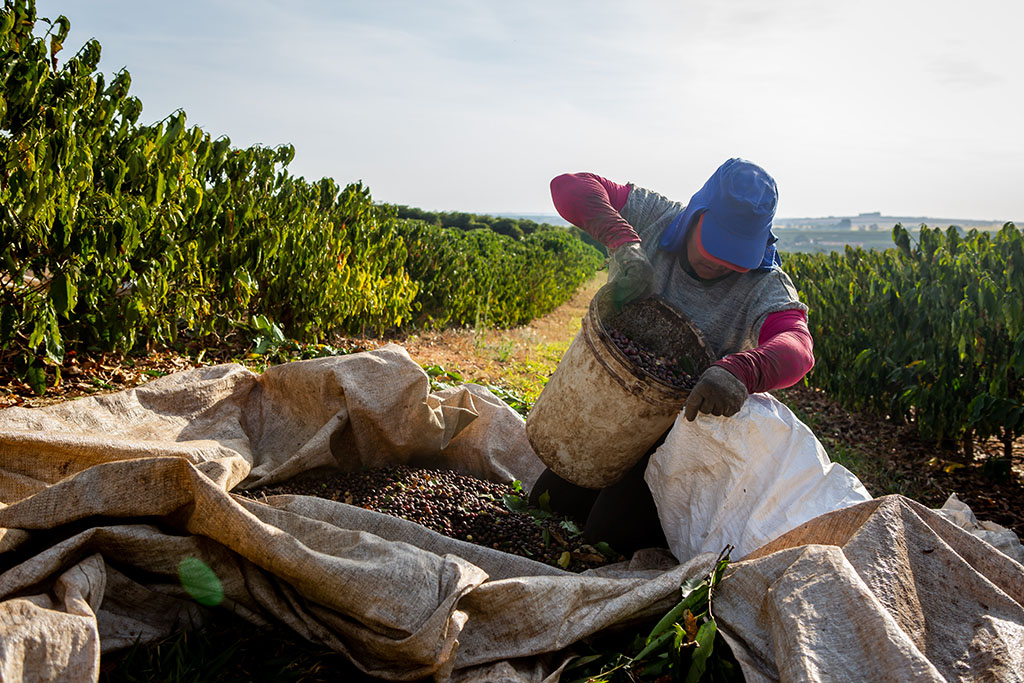Audits during the harvest period, consultation of documents derived from government inspections and lawsuits are some of the practices adopted by the Rainforest Alliance as a “fine-tooth comb” to monitor working conditions on Brazilian farms. The certification, one of the most respected in the world in the verification of good practices, has had its image affected by recent incidents of labour violations and even contemporary slavery in coffee plantations holding the seal.
In the most recent example, reported by Repórter Brasil, a certified mango producer in Rio Grande do Norte was fined for several labour irregularities, including not offering rest to workers. In 2022, two farms holding the Rainforest Alliance seal had 27 workers rescued from slave labour by the federal government during the coffee harvest.
“We recognise the labour risks on farms in Brazil [and therefore] developed a specific policy for the country, which broadens the definition of forced labour”, explains Rainforest Alliance Brazil director Yuri Feres. The farms that hold the seal employ around 70,000 rural workers in the country.
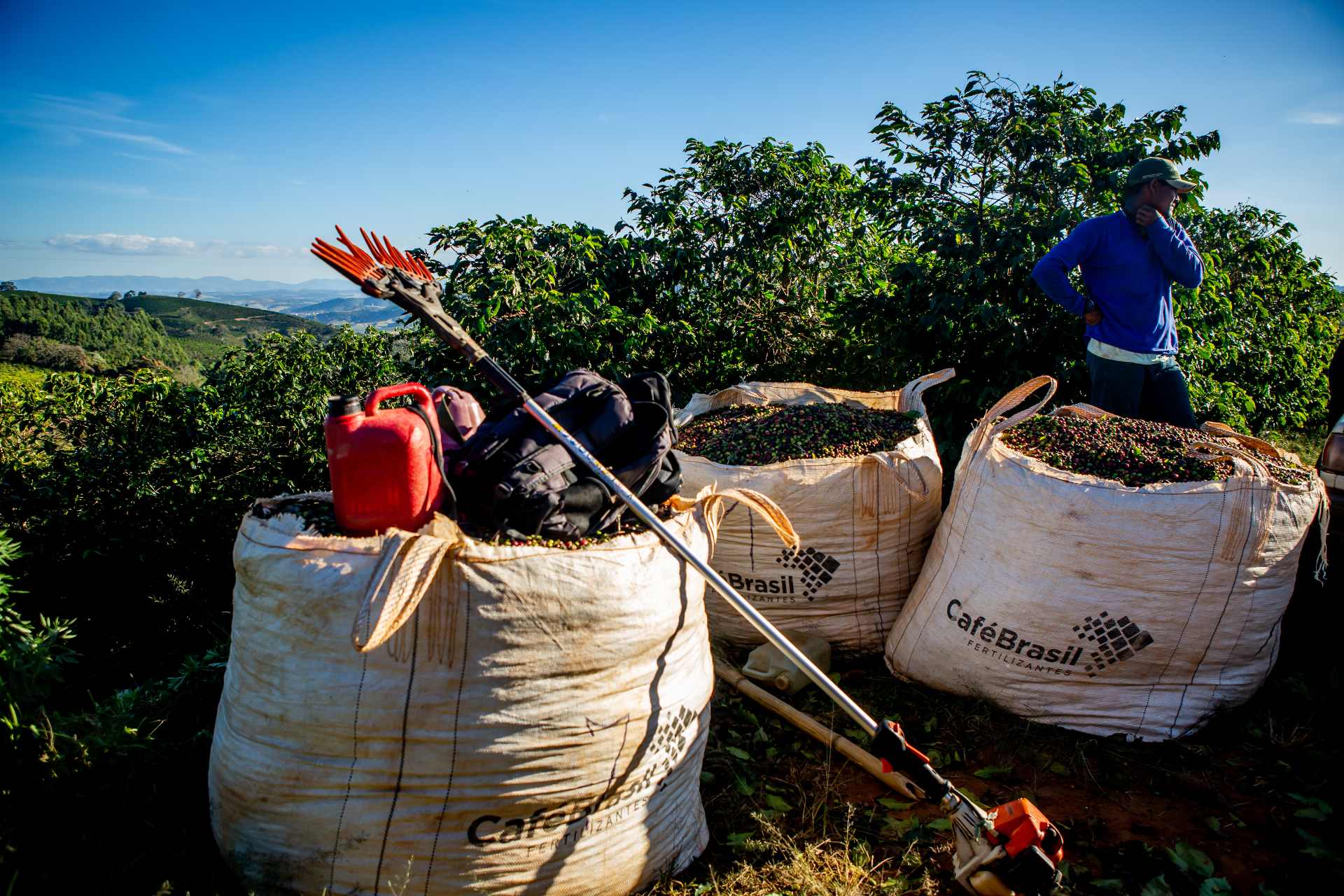
The initiative’s certification protocol warns that “Brazil is considered a high-risk country for social issues”. Therefore, in addition to checking whether employers or farms are included in the “Dirty List of Slave Labour”, auditors accredited by the initiative search for labour lawsuits and commit to visiting properties during the harvest period — when the workforce is more abundant and workers are more exposed to violations.
“Such cases are exceptions and do not represent the majority of certified farms that have worked diligently to promote better working conditions”, says Feres, who gave an interview by email to explain the challenges of the certifier in the country. The full article can be read below.
Repórter Brasil: According to the Rainforest Alliance’s annual report, there are 58 countries with certified farms, in which 4 million farmers work, totalling 6 million hectares of certified area and 54,000 Rainforest Certified products. What share of this total corresponds to Brazil? Is it possible to break down the figures for our country?
Yuri Feres, Rainforest Alliance: In Brazil, there are 1,047 farms certified by the Rainforest Alliance covering about 590,000 hectares and employing more than 70,000 workers. In the Brazilian market, there are approximately 200 products with the Rainforest Alliance seal. Most Rainforest Alliance-certified farms are concentrated in the coffee sector and a smaller selection in cocoa and fruit.
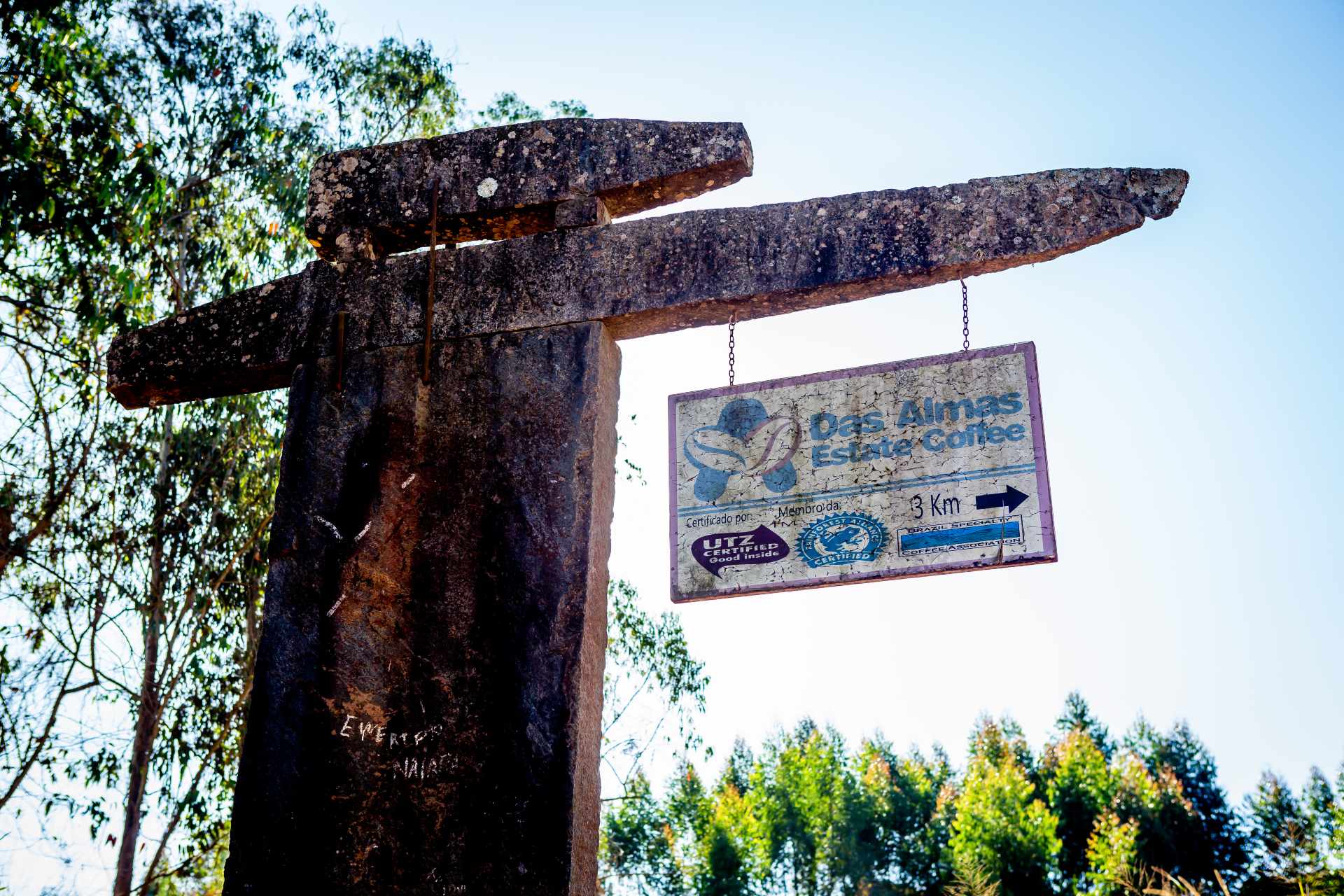
Repórter Brasil: Does the Rainforest Alliance systematise its own indicators on labour conditions on certified farms? What positive impacts can be reported? Are there specific indicators for Brazil?
Yuri Feres, Rainforest Alliance: The Rainforest Alliance Standard consists of a set of key requirements that includes both mandatory and optional improvement criteria. These criteria cover social, environmental, and economic aspects of sustainability.
To become certified, a set of key requirements must be met. These include criteria related to key social topics such as labour law and safety, improved wages, working hours and safety conditions. In addition to the key requirements, there are improvement requirements, some mandatory and some optional, which aim to promote and measure the farms’ sustainability progress.
To address and resolve issues related to possible labour rights violations, certificate holders follow an “Assess and Address” process. Child labour, forced labour, discrimination, workplace violence and harassment have never been and will never be tolerated by the Rainforest Alliance. However, we have learnt over many years of experience, that simply prohibiting these human rights violations in our Standard is not enough. That is why our 2020 certification programme promotes a risk-based approach focused on preventing, engaging, improving, and encouraging farmers and companies to tackle these problems rather than hiding them.
“Simply prohibiting human rights violations in our standard is not enough. Our approach focuses on prevention and incentivising farmers and companies to tackle these problems rather than hiding them”. Yuri Feres, director of Rainforest Alliance in Brazil
Repórter Brasil: In recent years we have had inspections, some of them published by Repórter Brasil, which have pointed out cases of labour violations and even slave labour on farms holding the Rainforest Alliance seal. Have these complaints had any impact on the way the Rainforest Alliance works in Brazil?
Yuri Feres, Rainforest Alliance: We recognise the significant challenges posed by labour risks on farms in Brazil. Considering these ongoing challenges, we have developed a specific policy for Brazil, which broadens the definition of forced labour in line with Brazilian legislation and goes beyond the International Labour Organization (ILO) guidelines and our own definition of forced labour.
The policy specifically requires Certification Bodies to check if there are any farms included in the Slave Labour Dirty List. We also require Certification Bodies to conduct additional investigations to verify if there are any lawsuits or ongoing cases in the Regional Labour Courts. The policy also requires producers to conduct audits at harvest time, when workers are most present, so that labour conditions can be properly verified.
While we take any violation of our standard seriously, it is important to note that such cases are exceptional and do not represent the majority of certified farms that have worked diligently to promote better working conditions and adhere to Brazilian legislation and international standards.
Repórter Brasil: How is the due diligence process in cases of companies with labour violations that have the Rainforest Alliance certificate? Are there concrete cases in Brazil where the certificate was withdrawn from the company? If so, could you give examples?
Yuri Feres, Rainforest Alliance: If a Rainforest Alliance-certified farm does not meet the certification criteria, the Rainforest Alliance may take a set of actions as set out in our programme rules. This may include conducting investigations, requiring remediation actions, suspension with a deadline to correct non-conformities or cancellation of the farm’s certification. The specific process and criteria will vary depending on the circumstances and severity of the violations. For information on specific Rainforest Alliance certificates, please consult our public database.
It is important to note that while the Rainforest Alliance certification programme has been developed to encourage sustainable practices, no reputable certification programme can guarantee that all aspects of a certified farm or business are completely free of non-compliance. Our primary goal is to help farmers improve their operational standards, including labour conditions, as required by law and our standards.
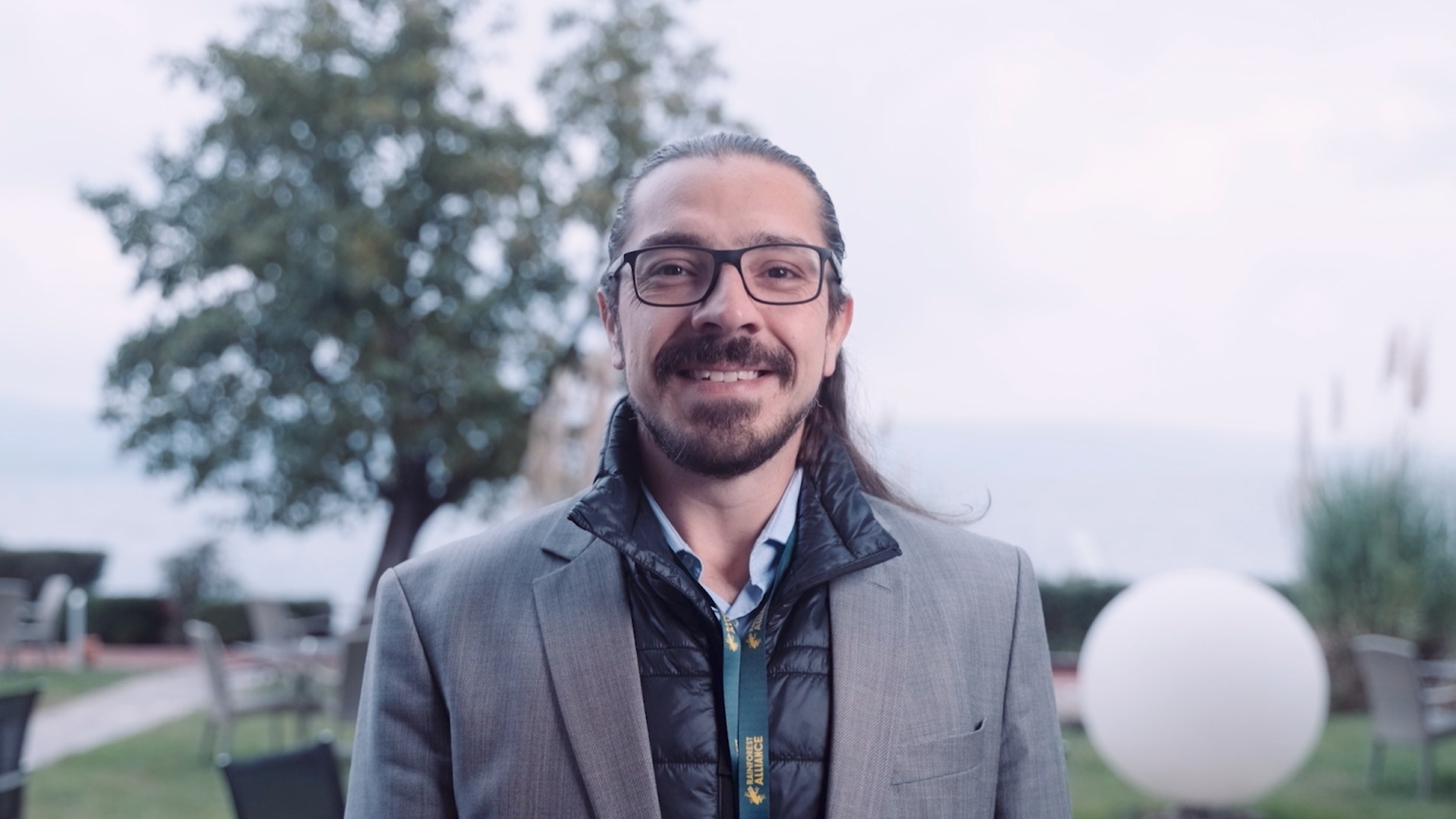
We believe in offering farmers the opportunity to improve their conditions, and recognise that automatic loss of certification often has the opposite effect, pushing producers away from the best practices. However, if a farmer repeatedly fails to meet our criteria, they may be removed from our certification programme. This ensures the integrity of our programme and encourages continuous improvement among all participants.
Addressing human rights issues in agricultural supply chains requires a multi-faceted approach. This involves collaborative efforts among diverse actors, including government enforcement, company monitoring, labour rights education and engagement with worker representatives. Companies buying from Brazil must also take responsibility by offering fair prices, resources, and sustainable partnerships to support farmers and promote equity in supply chains.
The Rainforest Alliance recognises the crucial importance of implementing interventions that go beyond certification. We are fully committed to playing our part, and therefore our strategies include not only certification but also landscape and community programmes and advocacy, all working together to achieve our goals.
“We believe in offering farmers the opportunity to improve their conditions, and recognise that automatic loss of certification often has the opposite effect, pushing producers away from the best practices.” Yuri Feres, director of Rainforest Alliance in Brazil
Repórter Brasil: Brazil is the leading global supplier of certified coffee. The estimated production of farms covered by the Rainforest Alliance seal is equivalent to more than 10% of national coffee production. Does ensuring respect for labour relations in a growing universe of farms bring additional difficulties?
Yuri Feres, Rainforest Alliance: The challenge does not necessarily lie in the increasing number of farmers. Every year, all farm certificate holders undergo an audit to maintain their certification, ensuring that they receive a thorough inspection, as detailed earlier.
The main challenge is to ensure that farmers comply with the plans presented and reviewed during the audit throughout the following year. To address this issue, audits with significant non-conformities are not closed until an action plan is presented and implemented. In cases where a farmer does not comply with the required corrections and improvements, the Rainforest Alliance, as a last resort, may cancel their certification.
Market competitiveness drives producers to minimise production costs to maintain business profitability. Certification requires greater investments in infrastructure to improve worker accommodation, offer better wages and implement stricter management practices to reduce the use of pesticides and agrochemicals.
Similarly, certification allows producers to access more exclusive markets committed to paying an additional premium to support and reward socially and environmentally responsible practices. According to the Rainforest Alliance standard, a portion of this additional premium must be allocated to social and environmental projects within certified farms.
“Certification requires greater investments in infrastructure to improve worker accommodations, offer better wages and implement stricter management practices to reduce the use of pesticides and agrochemicals.” Yuri Feres, director of Rainforest Alliance in Brazil
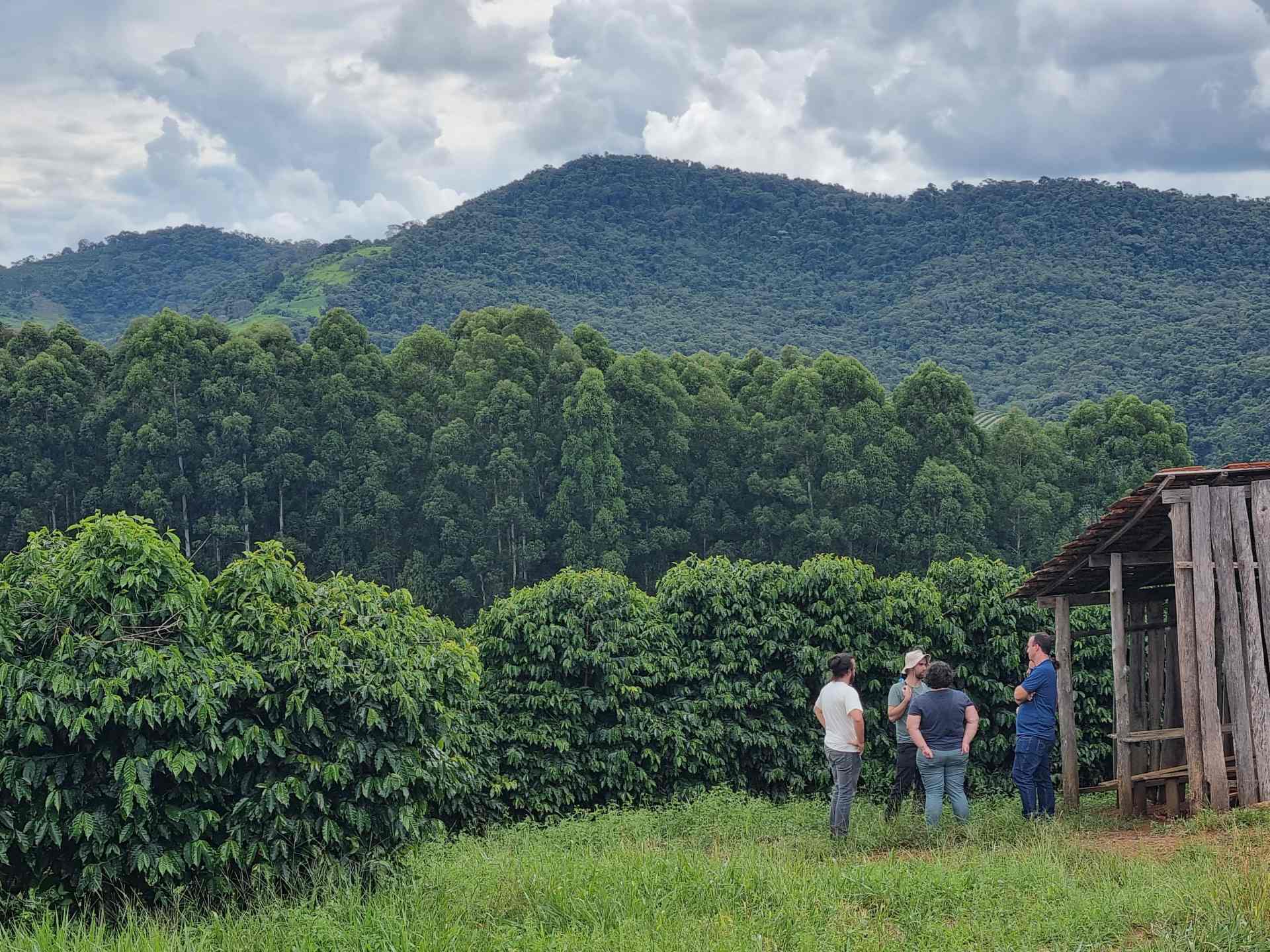
Repórter Brasil: Regarding on-site audits, there is great growth in the “group certification” modality, in which several farms (dozens in some cases) are covered by a single certificate managed by a trading company, cooperative or other managing entity. What are the difficulties in carrying out effective monitoring of farms in this context? Is there, for example, a lower frequency of audits compared to individually certified farms?
Yuri Feres, Rainforest Alliance: It is critical to understand that group certification can facilitate sustainability transformation on a larger scale by increasing access to smallholder farmers. This approach is especially beneficial for them, as individually they often lack the resources, technical expertise or capacity to meet certification requirements.
Ensuring consistent compliance across all participants can be challenging due to variations in the adoption and implementation of sustainable practices and this can lead to inconsistencies in sustainability assurance within the group.
In Brazil, our certificate holders include smallholder farmers, some of whom are certified as a group, as well as medium and large farms. The main challenge is to ensure that the farm group administrator can effectively and efficiently assess their group against the Rainforest Alliance Standard. Additionally, they must have the necessary tools to ensure compliance within the group.
The audit process for farm groups is more complex as it involves assessing both the group administrator’s ability to implement the Rainforest Alliance standard and conducting field assessments of randomly selected farm group members during the audit. To maintain objectivity and avoid any potential manipulation, the selection of the sample farms is announced to group members only the day before the audit. This practice aims to prevent any group of farms from influencing or altering the samples in their favour.
“Intense agricultural activity combined with climate change has made Brazil one of the largest consumers of hazardous pesticides worldwide” Yuri Feres, director of Rainforest Alliance in Brazil
Repórter Brasil: What other challenges and solutions does Rainforest identify in Brazil?
Yuri Feres, Rainforest Alliance: Brazil plays a significant role in the global coffee industry, but its large-scale farming methods are increasingly vulnerable to climate change and market shocks.
Implementing good agricultural practices, such as proper use of fertilisers, irrigation, and cover crops, can double average coffee productivity, according to data from the Rainforest Alliance. However, intense agricultural activity combined with climate change has made Brazil one of the largest consumers of hazardous pesticides worldwide. This raises concerns about environmental degradation and risks to human health.
To tackle this problem, collaboration between companies, governments and civil society organisations is crucial to raise awareness and ensure the safe application, disposal, and use of agrochemicals by farmers.
Rainforest Alliance supports farmers in phasing out pesticide use through training and capacity building programmes, promoting Integrated Pest Management practices and providing guidance for adopting more sustainable farming methods that reduce dependence on harmful chemicals. These efforts aim to improve the environmental and social sustainability of farming practices while maintaining farmers’ productivity and livelihoods.
